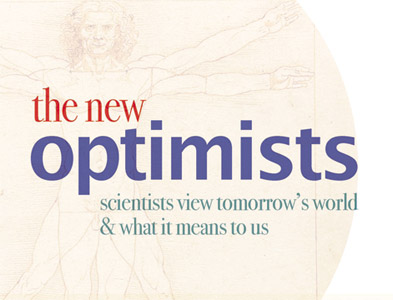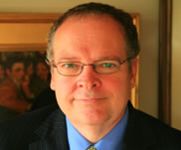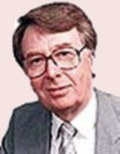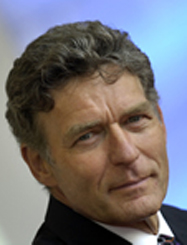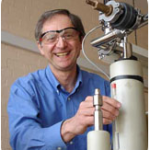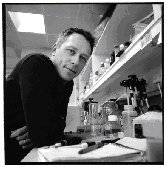 The New Optimists finishes in the company of Chris McCabe inside his air-conditioned laboratory looking out on the struggle between weeds and bureaucracy as the year moves from winter towards summer.
The New Optimists finishes in the company of Chris McCabe inside his air-conditioned laboratory looking out on the struggle between weeds and bureaucracy as the year moves from winter towards summer.
And in this connection between the personal and the universal we touch on something at the heart of the collection, a sense of playing a part in a much bigger story.
Professor Chris McCabe‘s area of expertise is in Endocrine Cancer, researching mechanisms of thyroid, breast and colorectal tumourigenisis. He is a senior editor of Endocrine-Related Cancer, and on the Science Committee for the Society of Endocrinology. In his spare time, he writes forensic thrillers as John Macken – Dirty Little Lies (2007), Trial by Blood (2008), Breaking Point (2009) and Control (2010) – having previously published five novels under the name John McCabe (Stickleback, Paper, Snakeskin, Big Spender and Herding Cats).
Novels under the Microscope is an interview of Professor McCabe by LabLit while he was on a NESTA Dreamtime Fellowship in 2005.







